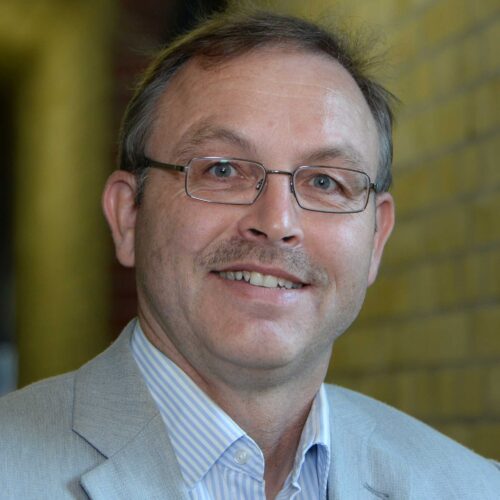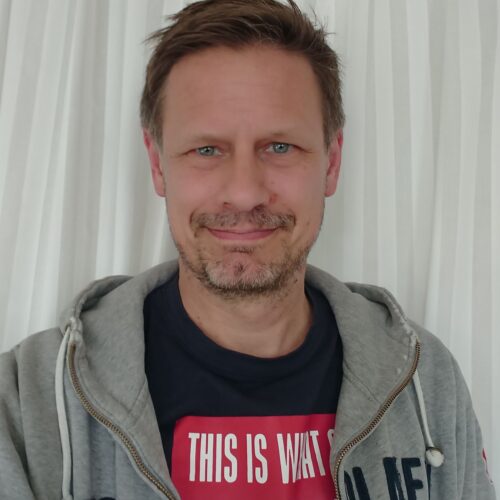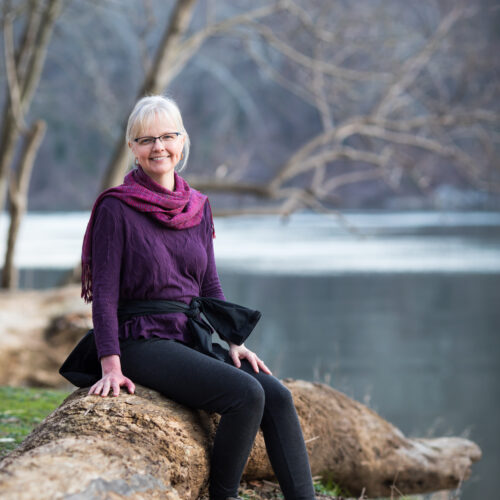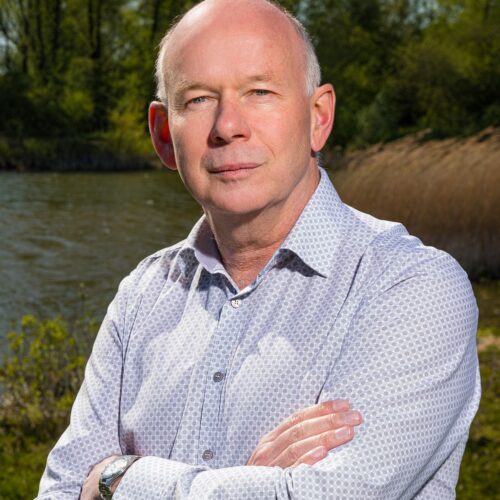Advisory board
Meet the conference advisory board members, a group of experts on topics of free-flowing rivers, river restoration and aquatic ecosystems.


University for Natural Resources and Life Sciences, Vienna
Institute of Hydrobiology and Aquatic Ecosystem Management
Gregor-Mendel-Straße 33,
1180 Vienna, Austria
phone: +43-1-47654-81229
email: thomas.hein@boku.ac.at
www.boku.ac.at/en/wau/ihg
Twitteraccount: @BigerScience
WasserCluster Lunz - Biologische Station GmbH
Dr. Carl-Kupelwieser-Prom. 5
3293 Lunz/See
phone: +43-7486-20060-45
www.wcl.ac.at











My research projects concern aspects such as the need for high-flow pulses to maintain valuable riparian ecosystems, flow needs in channels that have been completely or partially dried up due to water diversion, and the development of measures without significant production impact to rehabilitate affected habitats.




Andras Krolopp is covering EU and European governmental relations with special focus on Biodiversity policy, as it impacts both European, but also the global agendas. He is specially focusing on the EU Biodiversity Strategy, Nature Restoration Law and all relevant Freshwater related issues. Globally, he follows the Convention on Biological Diversity negotiations with focus on protection, restoration and biodiversity finance.
Prior joining TNC, Andras was working for IUCN (Brussels) first as Deputy Head for the Countdown 2010 Initiative, later as Senior Policy Advisor covering EU biodiversity and regional policies. He was also seconded to the Hungarian and Belgian Governments during their EU presidencies and covered Biodiversity Finance in preparations and during CBD COP in 2010.
Andras has an MSc in Environmental Management and degrees in Biology and Geography.


Since 2004, Jeff has developed research programs in freshwater, estuarine, and marine ecosystems to understand the ecological outcomes of largest dam removal in U.S. history on the Elwha River. He also examines dam removal at continental and international scales, synthesizing what is known about the science of dam removal in several publications and a database called the Dam Removal Information Portal. He has published over 75 scientific journal articles and reports, which can be found online at his USGS Profile https://www.usgs.gov/staff-profiles/jeffrey-duda.



He is a Research Professor, teaching Hydrogeology in the Degree of Environmental Sciences (2005-2018), and on Animal Biology (Fauna) and in Environmental restoration techniques, in the Degree of Biology and Biotechnology from UVic-UCC (since 2016). He is also Co-director of the Chair of Water, Nature and Welfare, representing UVic-UCC (since 2019).




He is also involved in the large EU-projects RIBES (Marie Skłodowska-Curie Innovative Training Network) and LIFE Connect (EU-LIFE). The applied research questions are typically identified and developed in collaboration with representatives from the authorities and stakeholders, and deal with real-world problems trying to find practical and cost-efficient solutions to these problems. His expertise is often asked for by authorities, companies and organizations, and public outreach is a central theme in his work.







My doctoral studies at the University of Havana, Cuba, was centered on the order Odonata, and topics related with the taxonomy, conservation and biogeography of these insects in the Antilles. Subsequently, I was awarded with a Georg Foster Fellowship from the Alexander von Humboldt Foundation, which allowed me to undertake a project on freshwater biodiversity conservation planning across Cuba. I conducted this research at the Leibniz Institute of Freshwater Ecology and Inland Fisheries in Berlin (IGB) and the Technical University Braunschweig also in Germany.
Presently, I am a postdoctoral researcher at the Department of Community and Ecosystem Ecology within the IGB, where my work primarily focuses on freshwater species distribution modeling. I am actively engaged in various projects, including Danube4all, which is dedicated to implement a comprehensive restoration action plan for the Danube basin.



